Insomnia treatment
Reclaim your nights — and your days
When sleep improves, so does everything else. We’ll look at what’s getting in the way and create a plan for you.

CONDITIONS
Insomnia treatment services offered in Phoenix, AZ
Everyone occasionally has a hard time falling asleep. But when it becomes a recurring problem, and you drag yourself through the day, it’s time to seek help for insomnia. At Peak Mental Health we specialize in the gold standard of treatment, cognitive behavioral therapy for insomnia (CBT-I), and also provides other treatments that restore your sleep.
- Have a hard time falling asleep
- Wake frequently during the night
- Can’t get back to sleep after waking
- Wake up early and can’t get back to sleep
-
You can have short-term insomnia that lasts a few days or weeks. Or you could develop chronic insomnia,
which goes on for a month or longer.
- Excessive fatigue
- Poor attention
- Memory loss
- Irritability
- Hyperactivity
- Aggressiveness
- Depression
- Anxiety
- Poor performance at work or school
Short-term insomnia is often associated with the stress you face in daily life. You may have problems on the job, a sick family member, a relationship that’s on the rocks, or money problems.
You could also have habits that affect your sleep. Consuming caffeine late in the day, drinking alcohol close to bedtime, and light from the TV and computer can all disrupt your sleep.
Causes of chronic insomnia may be medications or underlying health conditions, such as:
- Sleep apnea
- Heart failure
- Chronic pain
- Restless legs syndrome
There’s also a two-way relationship between mental health disorders and insomnia. Lack of sleep significantly increases your risk of developing mental health conditions.
At the same time, having a psychiatric disorder often causes insomnia. Half of all cases of insomnia are associated with depression, stress, and anxiety.
You may have insomnia if it's difficult to go to bed. Some people may only have one symptom that could be a side effect of a medication they're taking. Others have more than one symptom, which can include struggling to maintain sleep. You have insomnia if you frequently wake up in the middle of the night and can't go back to sleep. If you wake up not feeling refreshed, it could be due to insomnia.
According to the NIH, one-third of the entire U.S. population has insomnia. About 10% of them struggle with the disorder because it affects their quality of life. Women are also more likely to develop insomnia.
We specialize in CBT-I, the first line of recommended insomnia treatment. CBT-I can also help you overcome behavioral and psychological issues associated with other sleep disorders.
In addition to CBT-I, your mental health professional may provide other treatments that improve insomnia, including:
- Psychotherapy
- Medication management
- Relaxation or meditation
- Stress management
- Lifestyle changes
- Plan to improve sleep habits
Consistently following a calming nighttime routine and unplugging from electronics helps many people get a better night’s sleep.
If you struggle with insomnia, call Peak Mental Health or book an appointment online today.

Conditions WE TREAT
Providing relief to those experiencing these mental health conditions
No matter the diagnosis, we’re here to help you feel better with care that’s rooted in collaboration and built around you.
Open for appointments
Booking online only takes 5 minutes, and same-day appointments are often available.
Book an
appointment today
Real care starts with real understanding.
Schedule a time to talk with someone who listens, empathizes, and builds a plan that fits your needs and goals.
Spend 5 minutes taking the first step toward feeling better — book online today.

